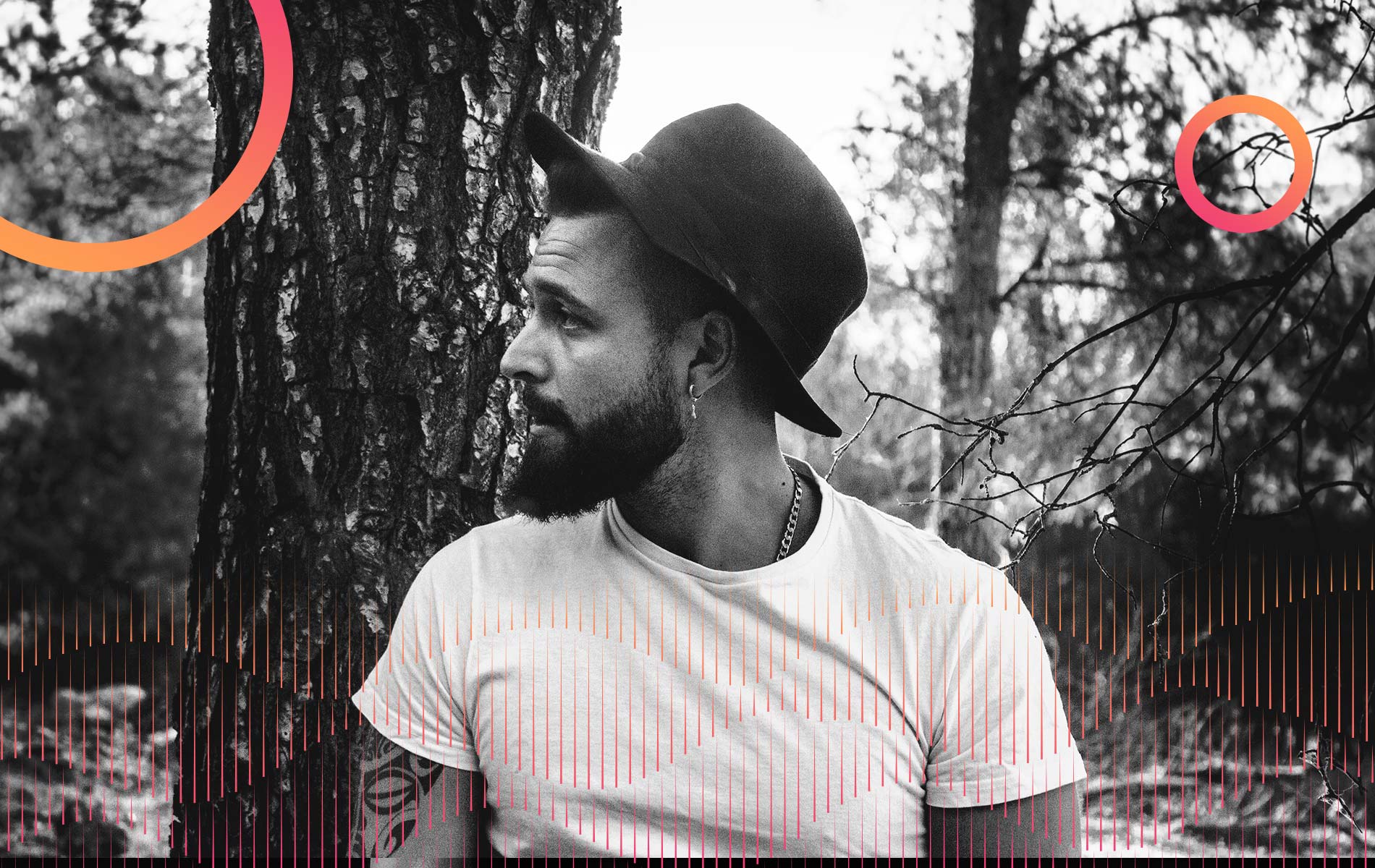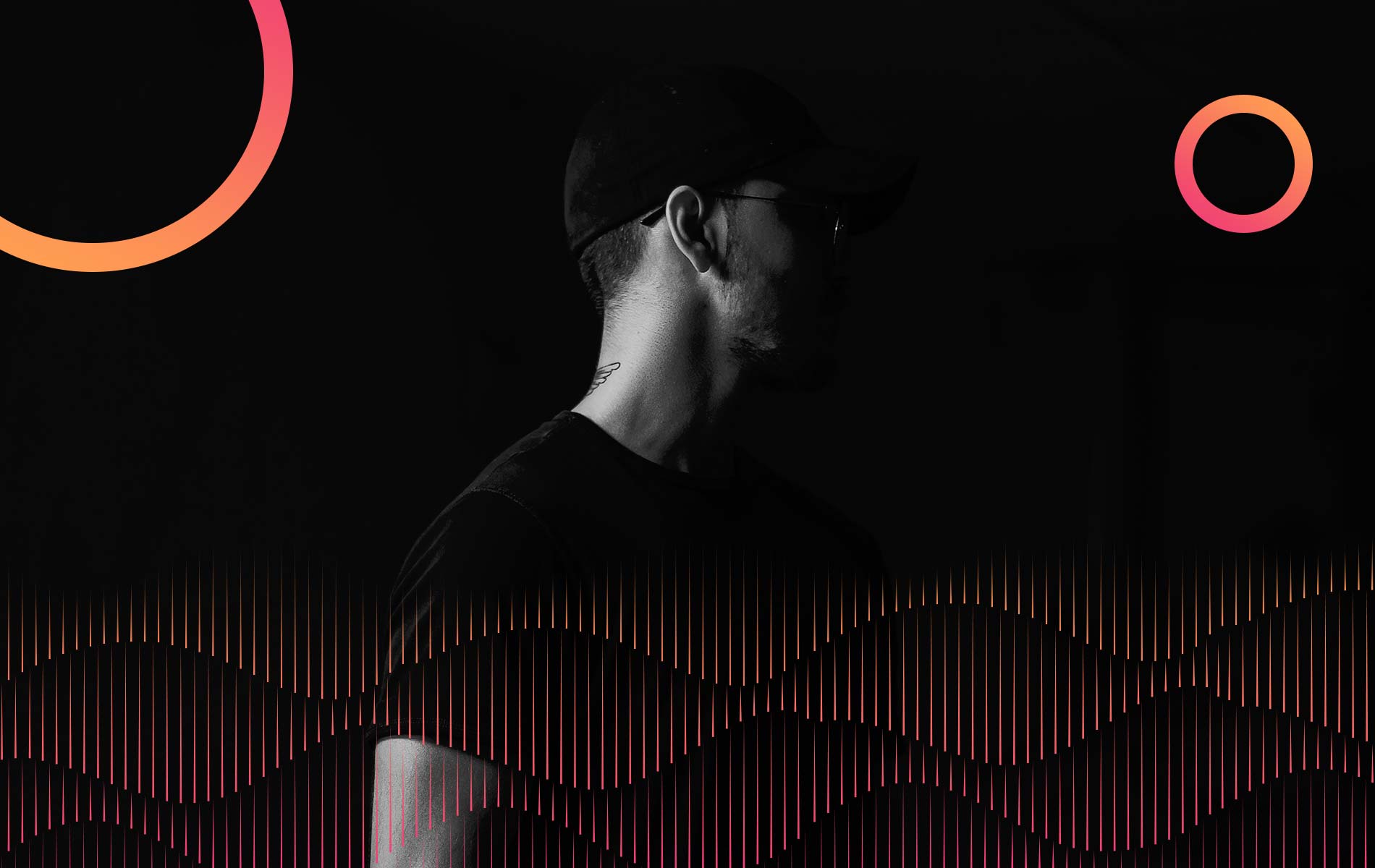Listeners:
Top listeners:
-
 play_arrow
play_arrow
Electromusic FM RADIO ONLINE 24/7
-
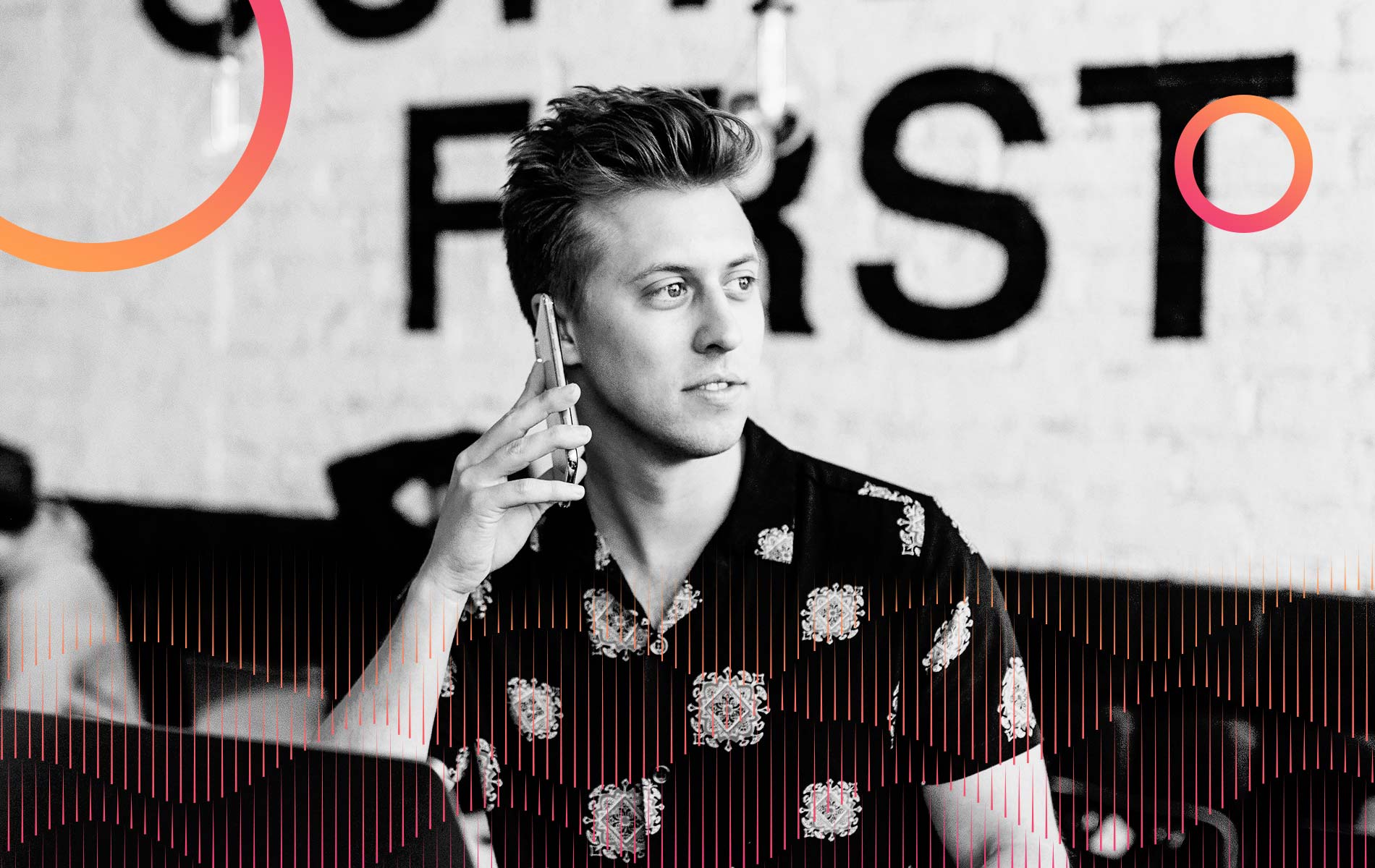 play_arrow
play_arrow
London Calling Podcast Yana Bolder
Music evokes a sense of connection and purpose to something larger: Badshah | Bollywood News
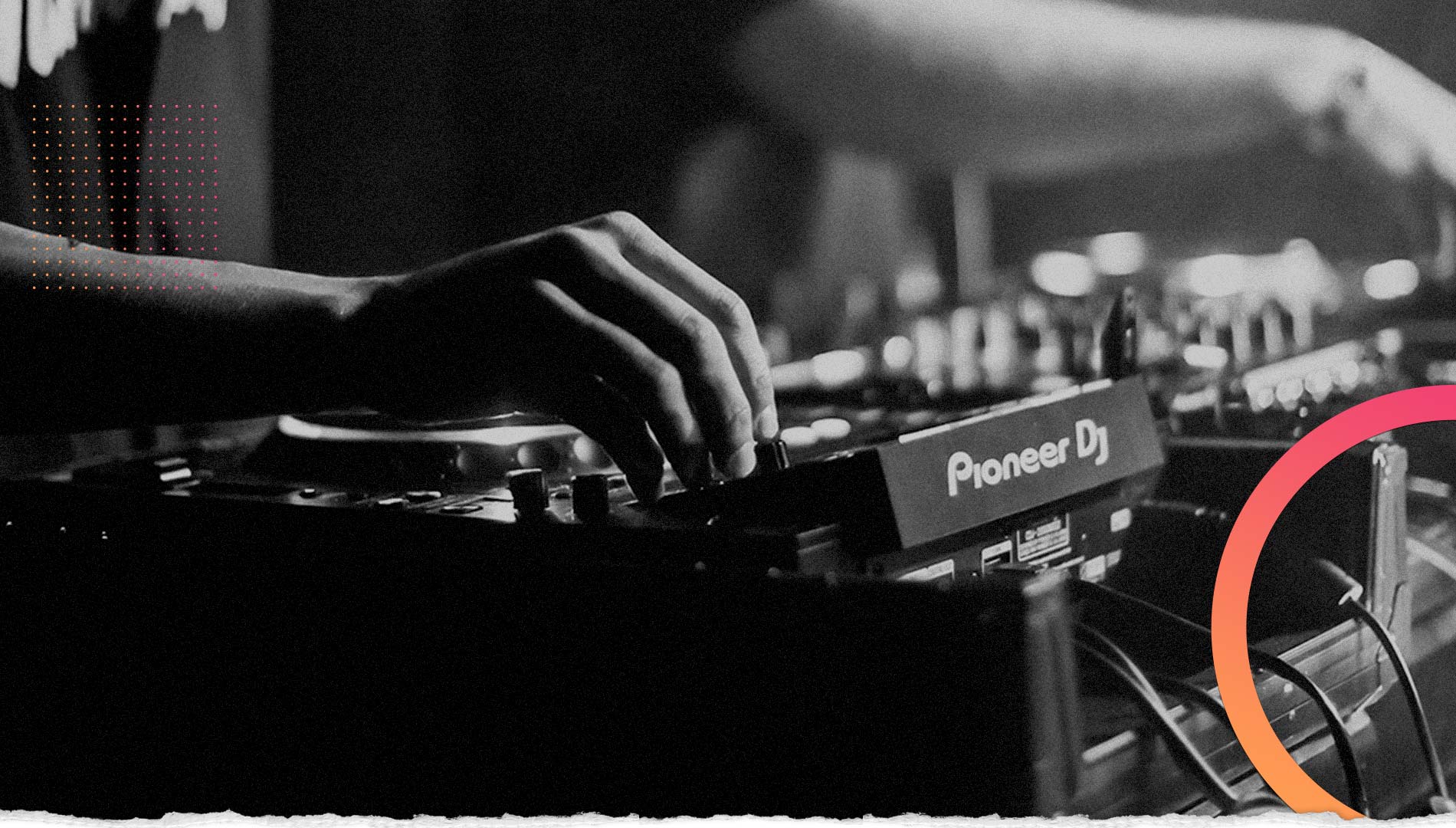
Sitting at the top of the pop pyramid with multiple hits, Aditya Prateek Singh Sisodia, better known as Badshah, has carved out his name with groovy, foot-tapping music.
For the 37-year-old, there are no rulebooks to follow while he is making music and he likes “to be fluid” during the process.
After donning the many hats of a singer, actor, and reality show judge with ease, the music composer has now joined forces in mentoring talents at ‘The Dharavi Dream Project’, a not-for-profit organisation started by A R Rahman, Shekhar Kapur, and the late entrepreneur Samir Bangara.
In an email interview with indianexpress.com, Badshah talks about his latest single Gone Girl, about his role as a mentor, the importance of prioritising mental health, and the pertinent position of music in his life, among others.
Here are lightly edited excerpts from the interview:
Gone Girl has already crossed 24 million views on YouTube. Are you satisfied with the response of the audience to the song?
For me, it’s not so much about the numbers as much as it is about how I feel about how the final product has panned out. It has been a while since I revisited my older soundscape and Gone Girl was a single dedicated to my fan community.
When I created my first song, it was meant solely for my personal contentment and I had no expectations or audience. After that, I gained popularity and I had to live up to the expectations of people. That was when I got bogged down with the constraints of societal expectations. Hence most of the time, I do what I feel like, but I give it my best shot. I do it for myself and not for anyone else.
What is your process of creating music? How do you come up with an idea or a theme?
There is no set agenda for my creative process. Sometimes it is the beat that comes first, sometimes it is the lyrics. I don’t have a rulebook and I like to be fluid with my approach. When I am working on a mainstream film track, I am more mindful of the script and the characters.
Luckily for me, filmmakers have been accommodating and created the setting to fit in my track. In independent music, I’m like a free bird. But one thing’s guaranteed, I’m never following trends.
Recently, you had to apologise for your song Sanak for ‘objectionable’ lyrics. How do you deal with criticism and naysayers?
Success comes without its fair share of jealousy, anger, and hate. Every true winner, if you see their work ethic, they are laser-focused on their goals and cutting out the noise from distractors.
At the end of the day, you have to protect your energy and stop waiting for that affirmation from people who don’t contribute to your growth story.
Having made a mark on your own, did you ever feel the need to have a mentor in your initial years?
My induction into the world of hip-hop was from a very grassroots level. I learnt it all the hard way. I didn’t have a mentor and I’m grateful for that because how else would I have been able to discover and define my self-worth independently of another’s opinion? The failures helped me grow a thick skin while the success reminded me not to take my blessings for granted.
After A R Rahman and Shekhar Kapur, you are mentoring talents from Dharavi with ‘The Dharavi Dream Project’ (TDDP). What made you say yes to the project? Tell us more about your experience.
I got introduced to the project via MC Heam and I resonated with their ideology of empowering the under-resourced and their unprejudiced attitude towards talent discovery and development. There is so much learning that I have accumulated over the years and now I feel I’m in a fortunate enough position where I can give back to the community, in more ways than one.
Playing a mentor is one of the most gratifying roles in my life, to be able to contribute to a mission that is greater than oneself. Music fundamentally teaches you to be more inclusive and an artist’s trajectory evolves when it’s built on the foundation of selflessness. I find the process of discovering and honing budding talent and playing the role of the mentor I never had, extremely rewarding. It gives me a good night’s sleep.
You recently performed for cancer patients at the Tata Memorial Hospital. Please share your experience. According to you, what are the other ways in which the therapeutic power of music can be used for societal good?
I’m grateful for the opportunity as these rare moments make me value the gift of life even more. When you’re in life-threatening situations, you become aware that life is not forever and you appreciate the present more than living in the past or worrying about the future. Music in itself has a deep healing mechanism. It’s an expression of humanity, across cultures and races.
Music has no biases or facades. There’s something universal about the creative arts that’s good for self-expression, overall well-being, and mental health in particular – improve moods, stimulate memories, and evoke emotions. Our brains are wired for music, and this is one of the major reasons for its universality. The power and the ability to change ourselves and change the world are almost always coupled with a soundtrack of one kind or another.
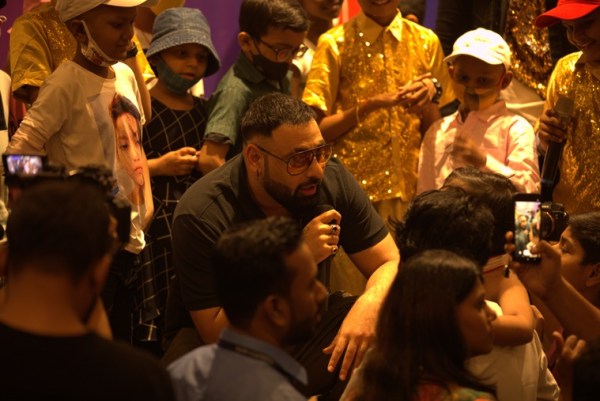 Playing a mentor is one of the most gratifying roles in my life, to be able to contribute to a mission that is greater than oneself.
Playing a mentor is one of the most gratifying roles in my life, to be able to contribute to a mission that is greater than oneself.
What importance does music hold in your life?
Music helps me connect with my truest emotions and get acquainted with the innermost corridors of my soul. It evokes a sense of connection and purpose to something larger than myself. For me, music is a means for self-expression and self-discovery.
At this point in your career, do you feel you have reached where you wanted to be?
I’m still a work in progress. I never want to feel like I’ve arrived. You see when I was in my grinding stage, that hunger was raw, and I never want to lose that appetite. All I want to do is work, work, and work.
According to you, what song best represents your journey and career graph?
The album O.N.E.
You recently spoke about the importance of mental health and also opened up about suffering from clinical depression. How do you prioritise your mental health? Also, how important is fitness for you today?
The new rich is inner work. You need to be at peace with who you are and where you are going. It was hard work and I had to permit myself to evolve because at that time my surroundings weren’t allowing me to. It’s about celebrating yourself and being able to give yourself some credit. We always depend on external people and situations to give us that validation of being worthy enough, but it all starts and ends with you.
Most Read
World Athletics Championships 2023 Highlights: Neeraj Chopra wins gold; Relay runners finish 5th; Parul Chaudhary scripts national record
Gadar 2 box office collection day 17: Sunny Deol film beats Shah Rukh Khan’s Pathaan, becomes the fastest film to cross Rs 450 crore mark
You need to prioritise yourself every single day and not just provisionally when the meltdown happens. Retreating to the mountains, taking care of my body, disconnecting from social media — it’s all part of the process of tending to my inner sanctuary and making mental health a priority.
You’ve acted in Khandani Shafakhana? Did you enjoy the process? Will we see you acting again anytime soon?
My focus right now is my music and building an empire out of it, everything else is secondary. If I do give a shot at another film, it would be purely from a standpoint of appeasing my creative appetite for diversification.
Written by: Soft FM Radio Staff
Badshah Bollywood connection evokes larger music News purpose Sense
Similar posts
Electro Music Newsletter
Don't miss a beat
Sign up for the latest electronic news and special deals
EMAIL ADDRESS*
By signing up, you understand and agree that your data will be collected and used subject to our Privacy Policy and Terms of Use.
Podcast episodes
 Invalid license, for more info click here
Invalid license, for more info click here
Copy rights Soft FM Radio.



